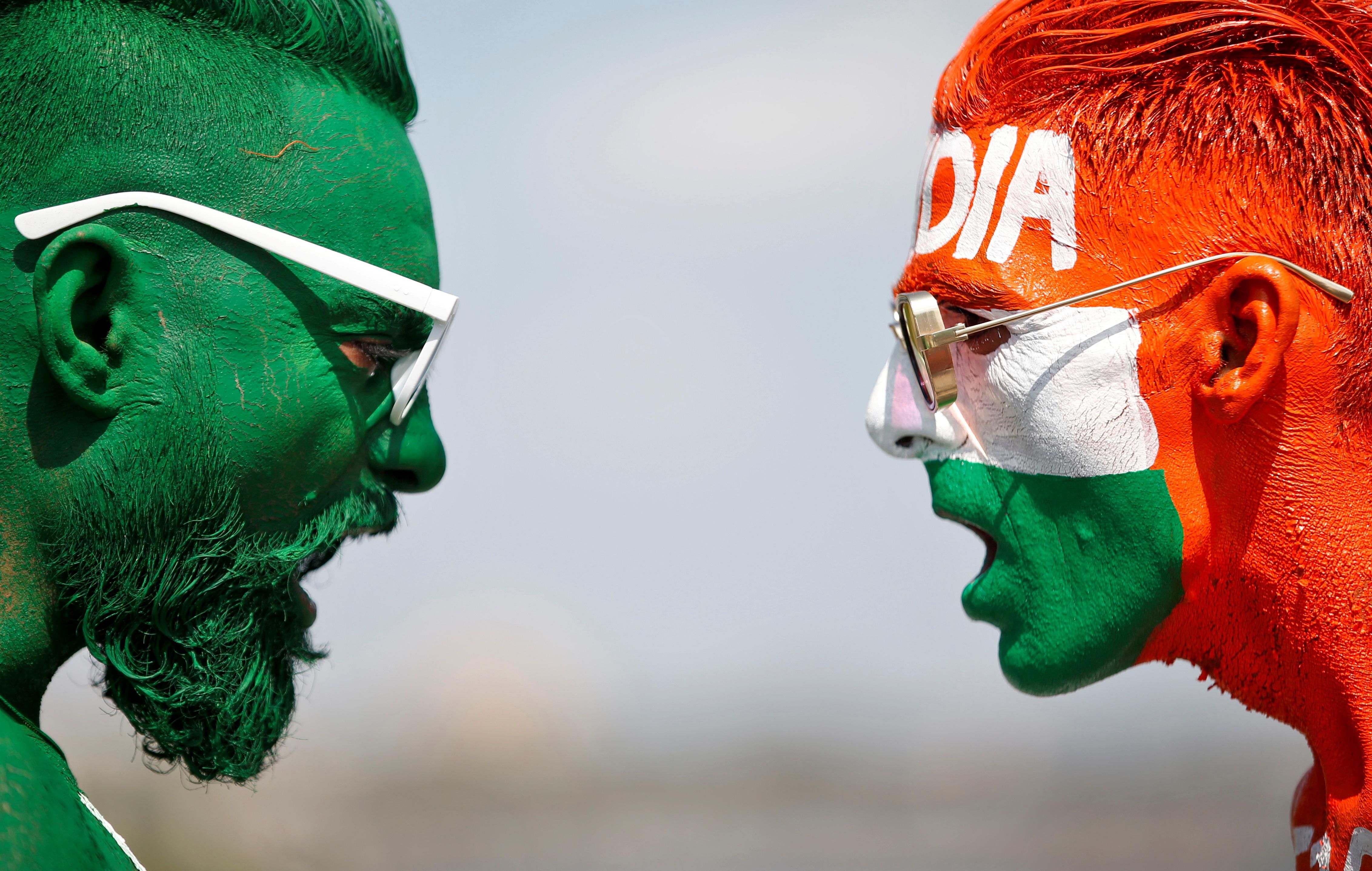What We’re Watching: Partition 75th anniversary, Kenyan vote count, US-China in Southeast Asia
India & Pakistan turn 75
This year’s Aug. 15 Diamond Jubilee of Partition, when the British Raj split into India and Pakistan, is a complicated affair. India has gained more from independence in 1947 than Pakistan: earlier this summer, the Indian economy crossed the $3.3 trillion mark and officially overtook the UK to become the world’s fifth-largest — a nice touch to celebrate 75 years of independence from its colonial master. But India’s democratic credentials remain under threat by the rise of Hindu nationalism. However, Pakistan’s experiments after Partition — proxy wars, civil war, martial law, and Islamism — brought much suffering to its people. Today, the country is at the verge of another financial crisis and negotiating its 23rd IMF bailout, as well as in talks with its own version of the Taliban. Unfortunately, a growing nuclear arsenal is the only equalizer for the political and economic imbalance between the two countries. But there is still hope yet. After years of making zero progress, India and Pakistan are now involved in a backchannel dialogue, which may bring some normalcy between the old enemies. That, and the cricket, of course: Pakistan has won more games overall against its arch-rival, but never beaten India in a World Cup match.
Kenya's election nailbiter
Six days after Kenya's presidential election, the race between Deputy President William Ruto and opposition leader Raila Odinga is still undeclared. As of Monday afternoon in Nairobi, Ruto is ahead by a slim margin with about half of the vote officially counted, while unofficial media tallies that initially put his rival in the lead now also have Ruto winning. Both sides accuse each other of tampering with the process, which is painstakingly slow to avoid past instances of fraud: in 2007, more than 1,200 people were killed in violent clashes across the country after Odinga claimed the election had been stolen, and in 2017 a string of logistical mistakes forced the Supreme Court to annul the result and order a rerun. The result must be announced no later than Tuesday, a full week after the vote. Also, if neither candidate gets more than 50% of the vote and at least 25% of the ballots cast in a minimum of 24 out of Kenya's 27 counties, the presidential election will for the first time go to a runoff before Sept. 8.
